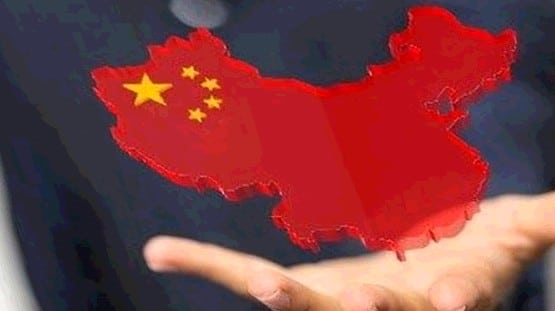
The People’s Republic of China dominates end-to-end supply chains, including the mining and refining of critical mineral inputs for lithium-ion batteries.
The United States relies on battery power for federal energy grid, electric vehicles, and military weapons and platforms and other industries.
In October 2023, China restricted exports of raw and synthetic graphite, critical to manufacturing battery anodes. In July 2023, export controls were placed on gallium and germanium, two components used in the manufacturing of semiconductors and other critical technologies.
U.S. Sen. Mark R. Warner of Virginia, chairman of the Senate Select Committee on Intelligence, and U.S. Sen. Joe Manchin of Virginia, chairman of the Senate Committee on Energy and Natural Resources, wrote to Department of Energy (DOE) Secretary Jennifer Granholm detailing the need for the U.S. to establish its leadership in the research, development, production and manufacturing of new battery technologies.
The letter details the importance of national security in ensuring U.S. leadership in the development of next-generation batteries.
“The PRC near-monopoly over battery production, and the upstream materials they require, poses substantial defense and economic security vulnerabilities,” the senators wrote.
The U.S. has taken steps in recent years through the bipartisan infrastructure law and the Inflation Reduction Act to establish and re-shore capabilities related to advanced batteries. However, the U.S. lacks the infrastructure necessary to test and scale up next-generation battery technologies to reach commercial, “gigafactory” scale. Private sector companies then turn to China for up-scaling facilities and pose significant supply chain risks to the U.S.
“We commend the Department of Energy for continuing to be at the forefront of innovation, but the U.S. must become a leader in manufacturing batteries and battery components, while securing our supply chains for the materials that make up those components. In addition, it is critical that the U.S. lead in next-generation battery technology and alternative chemistries, including by supporting domestic companies developing and producing solid-state electrolytes, sodium-ion, lithium-sulfur, and iron-oxide among others.”
In order to ensure that the federal government is adequately investing in domestic battery developments, the senators requested that the Department:
- Ensure consideration of innovative technologies beyond conventional lithium-ion batteries in the next round of the Bipartisan Infrastructure Law (BIL) Battery Materials Processing and Battery Manufacturing & Recycling Funding Opportunity Announcement (FOA);
- Consider support for public-private pilot-line manufacturing facilities, focusing on innovative technologies;
- Coordinate with the Department of Defense and other national security agencies to support procurement of innovative, U.S.-developed energy storage technologies; and
- Coordinate with federal, state, and tribal permitting agencies to accelerate reviews for domestic mining and processing facilities to secure our supply chains for next-generation battery manufacturing.










